Emotional Intelligence in the Professional World & Why It Matters.
August 2025 / anastasiia skurtul
The professional world isn’t just about what you do anymore. You can be the smartest person in the room, but if you can’t work well with other humans, your career will hit a ceiling pretty fast. That’s where Emotional Intelligence, or EQ, becomes the quiet powerhouse driving real workplace success.
We hear a lot about IQ — your ability to think logically, solve problems, and retain knowledge. But EQ? That’s your ability to recognize, understand, and manage emotions. It’s reading the room before you speak, keeping your cool when deadlines are closing in, and knowing when to push and when to back off.
And in the professional world, EQ is gold.
Why Employers Should Care About EQ
If you’re a leader, you already know your team isn’t made up of robots. People bring their full selves to work — energy, stress, personal challenges, and yes, emotions.
When you have high EQ as an employer, you:
- Build stronger teams. You spot tension early and address it before it explodes into drama.
- Retain top talent. People don’t leave jobs, they leave managers. If you lead with empathy and fairness, people stick around.
- Boost productivity. A team that feels understood and supported works harder and collaborates better.
High EQ leaders don’t just manage tasks, they manage people in a way that makes them feel valued. And that’s the difference between a “meh” workplace and a great one.
Why Employees Should Care About EQ
If you’re not the boss, EQ still matters. In fact, it might be the thing that sets you apart from the person gunning for your promotion.
Employees with high EQ:
- Navigate difficult conversations without losing their cool.
- Build strong relationships across the company (networking without being the awkward “small talk” person).
- Handle feedback well, no sulking in the bathroom, no passive-aggressive Slack messages.
Plus, high EQ helps you avoid the “workplace villain” role. You know, the one who’s technically competent but no one wants to work with. Don’t be that person.
EQ in Action – Real-Life Scenarios
Here’s what EQ looks like in everyday workplace life:
- Situation: Your coworker snaps at you in a meeting.
- Low EQ reaction: Snap back and start a passive-aggressive email war.
- High EQ reaction: Realize they might be stressed, address it privately, and avoid turning it into a public spectacle.
- Situation: Your boss gives you last-minute feedback right before a deadline.
- Low EQ reaction: Roll your eyes, mutter “unbelievable,” and hit send without making the changes.
- High EQ reaction: Take a breath, implement what’s possible, and talk later about better timelines.
- Situation: You have to give tough feedback to an underperforming team member.
- Low EQ reaction: Go in guns blazing and crush their morale.
- High EQ reaction: Frame the conversation so it’s constructive and they leave feeling motivated, not defeated.
How to Boost Your EQ
The good news? EQ isn’t fixed, you can improve it. Here’s where to start:
- Pause before reacting. Your first response is usually your emotional brain talking. Give your rational brain a chance to weigh in.
- Listen more than you speak. And I mean really listen — not just waiting for your turn to talk.
- Get curious about other people’s perspectives. Even if you don’t agree, understanding where they’re coming from changes the tone of the conversation.
- Ask for feedback. Not just about your work — ask how you come across to others. You might be surprised.
Whether you’re running a company or just trying to survive your company’s group chat, emotional intelligence is the skill that makes work easier, relationships stronger, and careers more successful.
So yes, your technical skills will get you in the door. But your EQ? That’s what keeps you in the room, and gets you invited to the table where the real decisions are made.
